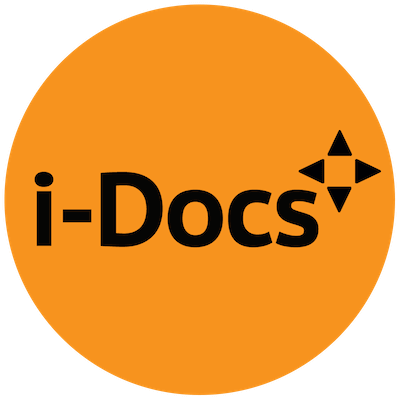This site is for people involved with or interested in interactive and immersive documentary. We call this work “i-docs” – a term coined by Sandra Gaudenzi who was one of the co-founders of the i-Docs project. The website is a space for news, analysis and dialogue between practitioners, researchers, students and enthusiasts – a place where we hope you can learn, reflect and expand your understanding of the field. The website is run on a community model. If you would like to contribute a post on the aesthetic, ethical, critical, political or business aspects of i-docs then we would like to hear from you. We welcome practice-based explorations as well as theoretical academic work and dissemination of research – contact i-Docs for more information.
The i-Docs website is one arm of the i-Docs project which is a research strand within the Digital Cultures Research Centre at UWE Bristol. i-Docs began with a Symposium – the first dedicated to interactive documentary – convened by Judith Aston, Jon Dovey and Sandra Gaudenzi in March 2011. Four further i-Docs Symposia have since been held (with Mandy Rose included as convenor), in 2012, 2014, 2016, and the most recent in March 2018. Meanwhile the website and Facebook group have developed to become key UK resources in the field. Alongside the symposium and website we also run a range of events within the i-Docs Presents strand.

Interactive documentary structure from i-Docs 2012
What is an “i-doc”?
You will find a number of definitions and points-of-view on what constitutes an interactive or immersive documentary.
At this point in the development of this fast-moving field we feel that it is important to have an expansive definition that can embrace the many different kinds of work that are emerging. The i-Docs site includes coverage of projects that you may find elsewhere described as web-docs, transmedia documentaries, serious games, cross-platform docs, locative docs, docu-games, pervasive media.
For us, an i-doc is any project that starts with the intention to engage with the ‘real’, and that uses interactive digital technology to realise this intention.
What unites all these projects is this intersection between digital interactive technology and documentary practice. Where these two things come together, the audience become active agents within documentary – making the work unfold through their interaction and often contributing content. If documentary is about telling stories about our shared world; we are interested in what happens as the audience get more closely involved in this way. At the heart of i-Docs is the question; what opportunities emerge as documentary becomes something that is co-created?
